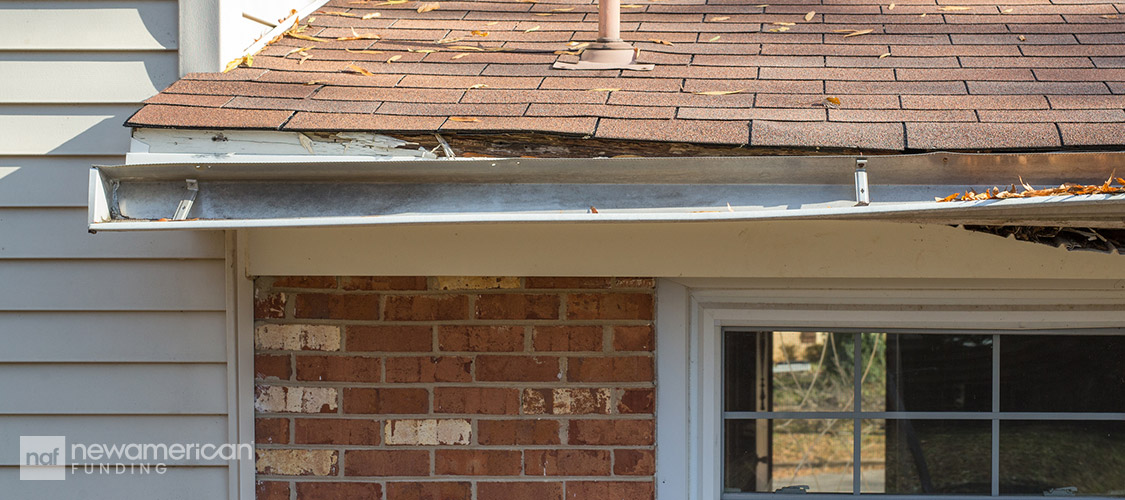Homebuyers
Finding the Right Home for You: 5 Essential Tips for First-Time Homebuyers
August 12, 2024
Buying your first home is a big deal.
It's exciting to think that you could soon achieve the American Dream of homeownership. But it’s also the largest purchase you may ever make—and that can put a lot of pressure on you to ensure you are buying the right home.
With so much at stake, it’s important to approach the process with a clear plan. To help you get started, we’ve outlined five essential tips that will guide you toward finding the perfect place to call home.
"Purchasing a home is a significant investment and thorough preparation is key to making a sound decision,” said Brandi Simon, a real estate expert in the Dallas area and founder of TX Home Buying Pros.
1. Make sure the home meets your needs

Sometimes it’s love at first sight. You scroll through the listing photos or walk into an open house and suddenly you’re swooning.
Before you decide if this home is the one, it's important to make sure the property will meet your needs for the next few years and this isn’t just a fleeting infatuation.
This means distinguishing between your wants and needs before you commit. Consider factors like the number of bedrooms, the property’s proximity to work and schools, and if it has the amenities you’re seeking. For example, you may be willing to forgo a dining room because your priority is a playroom or a two-car garage.
"While it's natural to feel excited, try to stay objective," said Simon. "Create a list of must-haves and deal-breakers before you start your search and stick to it.”
2. Location is key
The location of your home may be just as important as the property—if not more so.
About 60% of homebuyers considered the quality of the area when choosing a place to live, according to a recent National Association of Realtors report.
That’s why it’s important to explore different neighborhoods. Buyers should consider things like commute times, the local system, and the amenities they care about, like local parks or being able to walk to restaurants and shops.
"Visiting at different times of the day and night can also reveal the area's true character," said Simon. For instance, a dream home in a great location might turn into a nightmare if the neighbors throw loud parties that go into the wee hours of the night.
So, before you fall in love with a home, make sure the location is a match. No one wants to regret where they hang their hat.
3. Make sure you can afford homeownership
When buying a home, it's important to remember that the sale price isn't the only cost.
You will also need to budget for property taxes, insurance, ongoing maintenance, and surprise (and often expensive) repairs. Monthly utility bills may also be costlier if you are moving from a small apartment to a larger home.
These extra costs can add up quickly, so make sure you include them when figuring out what you can afford. Ideally, you will have enough left over each month to contribute to your savings as well as treat yourself or your family every once in a while.
In a competitive market, you might find yourself in a bidding war. If that happens, it's smart to have some wiggle room in your budget. You may want to be able to offer a little more, if needed, without ending up with an uncomfortable mortgage payment.
"Account for all potential costs associated with buying and owning a home," said Simon.
4. Look for red flags before you buy a home
When you’re looking at home, it is easy to get caught up in excitement and brush off any red flags. Don’t do it.
Signs of major damage or expensive repairs should make you pause and think carefully before making an offer.
"Some of the biggest concerns to watch out for include property taxes, FEMA Flood Zone areas (which can mean higher insurance premiums), and the condition or age of the roof and mechanical systems,” said Berwyn, Illinois-based real estate agent Michelle Flores of Realty of Chicago.
Buyers who spot these problems should consider either requesting or purchasing a home warranty to cover future repairs or replacements.
Another red flag is if the seller pushes you to waive a home inspection. They could be trying to hide a significant issue with the property.
"Buyers should never waive an inspection or appraisal, unless they truly have money to invest in repairs of all sorts," said Flores. "We never truly know the condition of a home without an inspection."
Remember, if something feels off, it's worth taking the time to investigate further before closing on a home.
5. Consider working with a real estate agent
A good real estate agent can help home shoppers navigate the buying process, avoid potential pitfalls, and structure a compelling offer.
Buyers may want to assemble a team of professionals, including a real estate agent, lender, real estate attorney, and home inspector, to guide them through the homebuying experience and help to ensure their interests (and finances) are protected.
"By taking these proactive steps and being vigilant for any warning signs, you can navigate the homebuying process more smoothly and avoid common pitfalls," said Simon.










 Smart Moves Start Here.
Smart Moves Start Here.